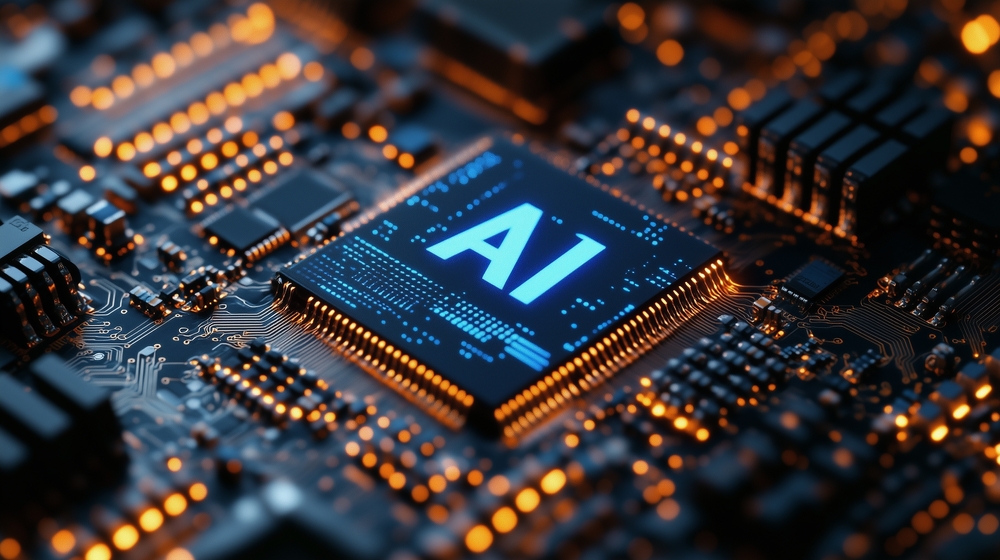Highlights:
- To optimize algorithms utilizing large datasets, OpenAI now depends largely on Nvidia’s GPUs for model training, a process that demands enormous computational capacity.
- Custom chips will enable OpenAI to customize its infrastructure to satisfy both technical requirements and financial constraints, as chip costs continue to rise in relation to rising demand.
OpenAI joined forces with Broadcom Inc. and Taiwan Semiconductor Manufacturing Co. Ltd. to develop the latest artificial intelligence-based chip explicitly designed to execute AI models upon training.
OpenAI made the choice after considering a number of options to diversify its chip supply and cut expenses. According to sources, OpenAI contemplated building everything in-house and soliciting funds for a costly plan to construct its own foundries, but it has since abandoned the idea due to the time and expense required, and is instead concentrating on plans to develop chips internally.
OpenAI’s decision to seek in-house chip design is a result of its refusal to replace GPUs like those made by Nvidia Corp. Its goal is to create a specialized chip that can perform inference, which is the act of using learned models to make decisions or predictions about fresh data in real-time applications. According to the research, analysts and investors anticipate that as more tech businesses employ AI models to handle increasingly complicated jobs, the demand for chips that allow inference will only increase.
OpenAI decided to collaborate with the said partners on custom chips because, for the time being, it’s a speedier and more feasible route. In the future, though, the business might keep looking at creating its own network of foundries.
OpenAI’s choice of producing in-house chips is a part of larger movement happening among major AI and tech companies to build specialized hardware that can surpass general-purpose GPUs in fulfilling the specific requirements of AI tasks.
To optimize algorithms utilizing large datasets, OpenAI now depends largely on Nvidia’s GPUs for model training, a process that demands enormous computational capacity. Instead of relying on raw processing capacity, inference necessitates distinct chip capabilities that are tailored for speed and energy economy.
Custom chips will enable OpenAI to customize its infrastructure to satisfy both technical requirements and financial constraints, as chip costs continue to rise in relation to rising demand. Elon Musk’s xAI Corp., for example, is aiming to double its Colossus data center to 200,000 Nvidia H100 graphics cards, and there is a general increase in demand for AI-driven services.
Through partnerships with TSMC and Broadcom, OpenAI can advance more quickly than it could with a wholly in-house production strategy while utilizing established manufacturing experience.





























































